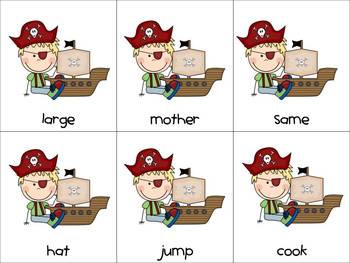


Others have made modest changes such as eliminating the four-level taxonomy and adding new heads: one has 1075 Heads in fifteen Classes. Some recent versions have kept the same organization, though often with more detail under each Head. The book starts with a Tabular Synopsis of Categories laying out the hierarchy, then the main body of the thesaurus listed by Head, and then an alphabetical index listing the different Heads under which a word may be found: Liable, subject to, 177 debt, 806 duty, 926. Numbers in parentheses are cross-references to other Heads. and adjectives: in debt, indebted, owing. see Borrow (788) phrases: to run up a bill or score. defaulter (808) verbs: to be in debt, to owe. related concepts: interest, usance, usury related persons: debtor, debitor. ii.iv: Class five, Volition: the exercise of the will Division Two: Social volition Section 4: Possessive Relations Subsection 4: Monetary relations.Įach head includes direct synonyms: Debt, obligation, liability.

Roget's original thesaurus was organized into 1000 conceptual Heads (e.g., 806 Debt) organized into a four-level taxonomy. Conceiving that such a compilation might help to supply my own deficiencies, I had, in the year 1805, completed a classed catalogue of words on a small scale, but on the same principle, and nearly in the same form, as the Thesaurus now published. It is now nearly fifty years since I first projected a system of verbal classification similar to that on which the present work is founded. Roget described his thesaurus in the foreword to the first edition: It has been continuously in print since 1852, and remains widely used across the English-speaking world. Unlike earlier synonym dictionaries, it does not include definitions or aim to help the user to choose among synonyms. Roget's Thesaurus, first compiled in 1805 by Peter Mark Roget, and published in 1852, follows John Wilkins' semantic arrangement of 1668. George Crabb, English Synonyms Explained (1818).James Leslie, Dictionary of the Synonymous Words and Technical Terms in the English Language (1806).Hester Lynch Piozzi, British Synonymy (1794).John Trusler, The Difference between Words esteemed Synonyms, in the English Language and the proper choice of them determined (1766).Gabriel Girard, La Justesse de la langue françoise, ou les différentes significations des mots qui passent pour synonymes (1718).They are not explicitly synonym dictionaries - in fact, they do not even use the word "synonym" - but they do group synonyms together. John Wilkins, An Essay Towards a Real Character, and a Philosophical Language and Alphabetical Dictionary (1668) are a "regular enumeration and description of all those things and notions to which names are to be assigned".The study of synonyms became an important theme in 18th-century philosophy, and Condillac wrote, but never published, a dictionary of synonyms. In Sanskrit, the Amarakosha is a thesaurus in verse form, written in the 4th century. In antiquity, Philo of Byblos authored the first text that could now be called a thesaurus. Peter Mark Roget, author of Roget's thesaurus. Writers sometimes use thesauri to avoid repetition of words - elegant variation - which is often criticized by usage manuals: "writers sometimes use them not just to vary their vocabularies but to dress them up too much".
#Treasured synonyms manuals#
Usage manuals such as Fowler's Dictionary of Modern English Usage often prescribe appropriate usage of synonyms. Some synonym dictionaries are primarily concerned with differentiating synonyms by meaning and usage. Some thesauri and dictionary synonym notes characterize the distinctions between similar words, with notes on their "connotations and varying shades of meaning". Most thesauri do not include definitions, but many dictionaries include listings of synonyms. While some thesauri, such as Roget's Thesaurus, group words in a hierarchical hypernymic taxonomy of concepts, others are organized alphabetically or in some other way. The word 'thesaurus' was used in 1852 by Peter Mark Roget for his Roget's Thesaurus. Synonym dictionaries have a long history.


 0 kommentar(er)
0 kommentar(er)
